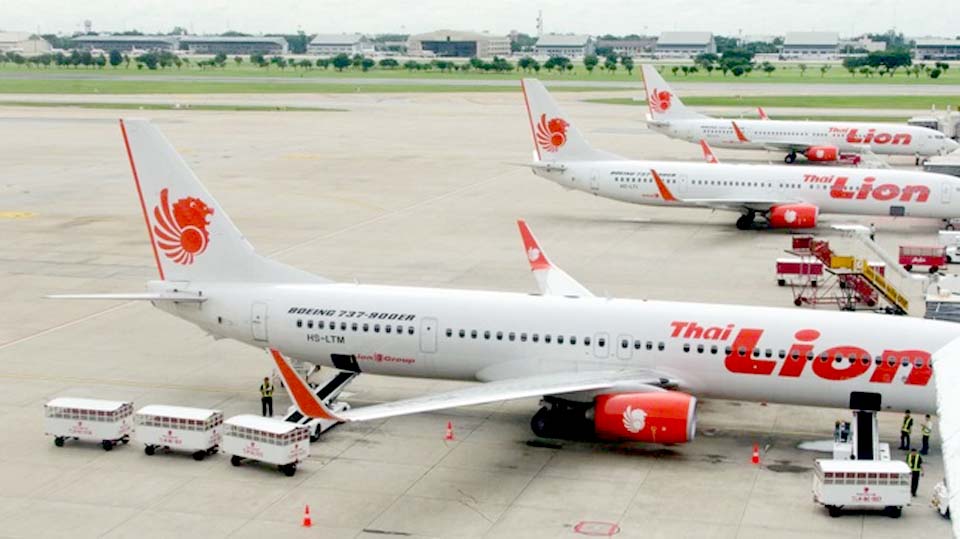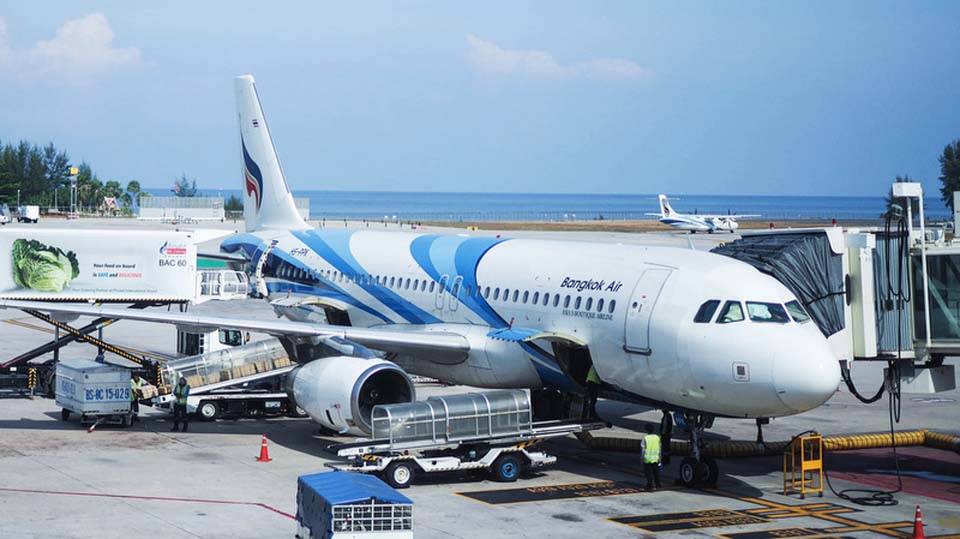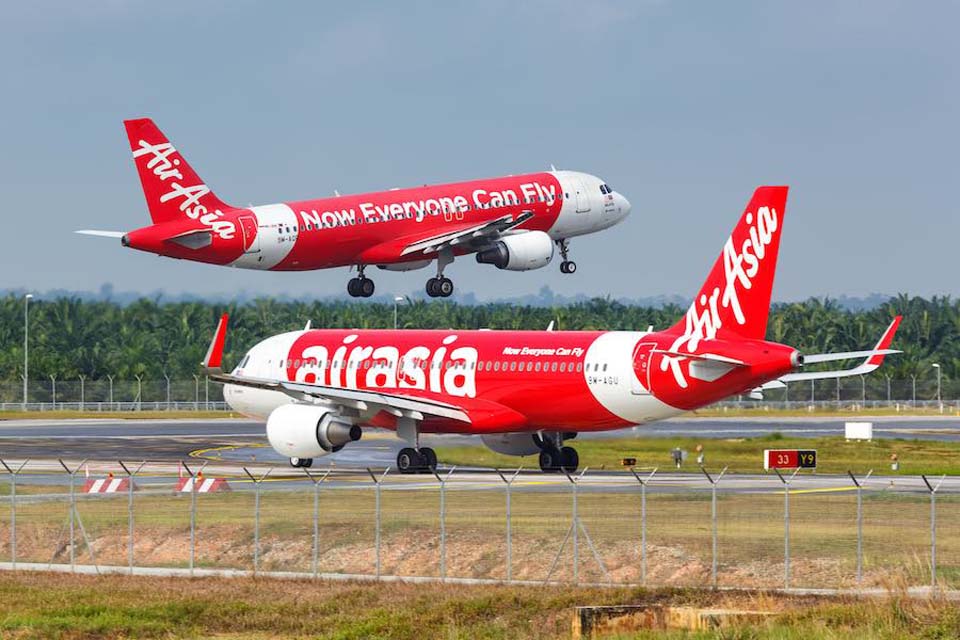
Private sectors are concerned about increasing fuel prices slowing down the recovery of the aviation sector despite the lifting of travel restrictions during the first quarter of 2022.
Nuntaporn Komonsittivate, head of commercial operations at Thai Lion Air (TLA), has disclosed that the increased oil prices to 100-110 dollars per barrel are affecting the company’s business since oil prices account for 30 percent of its operational costs.
She explained that since the airline couldn’t suddenly increase its fare, especially during the low season, frequencies for domestic flights to meet a load factor target have been adjusted and additional measures have been used to reduce losses from the oil price hike.
Nuntaporn expressed optimism about the future, citing an increase in international flights as a result of relaxed travel restrictions and the growing trend of working remotely. TLA recently reported an impressive load factor result following the resumption of international flights from Thailand to Indonesia, and it aims to increase international flights in the second half of this year.

Meanwhile, Bangkok Airways has reported an increase in revenue for its first quarter of this year. The airline operator reported increased revenue of 25.1 percent year-on-year but net losses during the period have risen by 9.2% due to maintenance, passenger services, and the rising fuel prices.
Bangkok Airway President Puttipong Prasarttong-Osoth predicted that the company’s recovery will continue despite factors such as rising inflation, the Covid-19 pandemic, and the Russia-Ukraine conflict.
Despite an increase in revenue and reports of passenger growth, Thai AirAsia (TAA) has announced a loss of 2.37 billion baht for its first quarter.
TAA Chief Executive Officer Santisuk Klongchaiya stated that the average fuel price has increased by 61 percent year on year, which has contributed to the airline’s losses as it expanded its frequencies and routes to meet travel demand during the first quarter. (NNT)

 |
 |
 |





